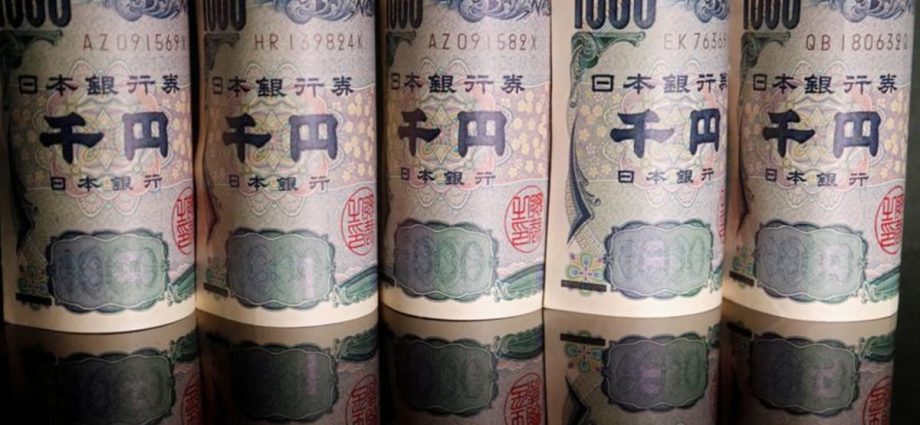
About a year ago, S$1 could get you around 101 yen. Now, the same amount can buy more than 111 yen.
Mr Chia said data on Tuesday (Nov 14) showed the yen was at its lowest against the Singapore dollar since 1985. The Japanese yen was revalued in 1985 after the Plaza Accord was signed with other countries, with the aim of depreciating the US dollar.
He sees the Singapore dollar staying strong against the Japanese yen, but other analysts spot the potential for the trend to reverse slightly.
Mr Chang Wei Liang, a foreign exchange and credit strategist at DBS Bank, said he expects the currency pair to stop weakening at around 110 to 112 yen per Singapore dollar, before moving towards 105 yen per Singapore dollar by the middle of next year.
DIVERGING POLICIES
The Japanese yen has been weakening against the currencies of major economies because the Bank of Japan kept interest rates low while other central banks aggressively hiked interest rates.
Higher interest rates typically attract money because deposits in the country’s currency would earn more interest. For example, investors who buy a 10-year government bond in the US can earn more than 4 per cent in interest, while a similar bond in Japan would yield less than 1 per cent.
Singapore does not set interest rates, but the Monetary Authority of Singapore (MAS) tightened monetary policy and allowed the currency to appreciate last year. It held rates steady this year.

